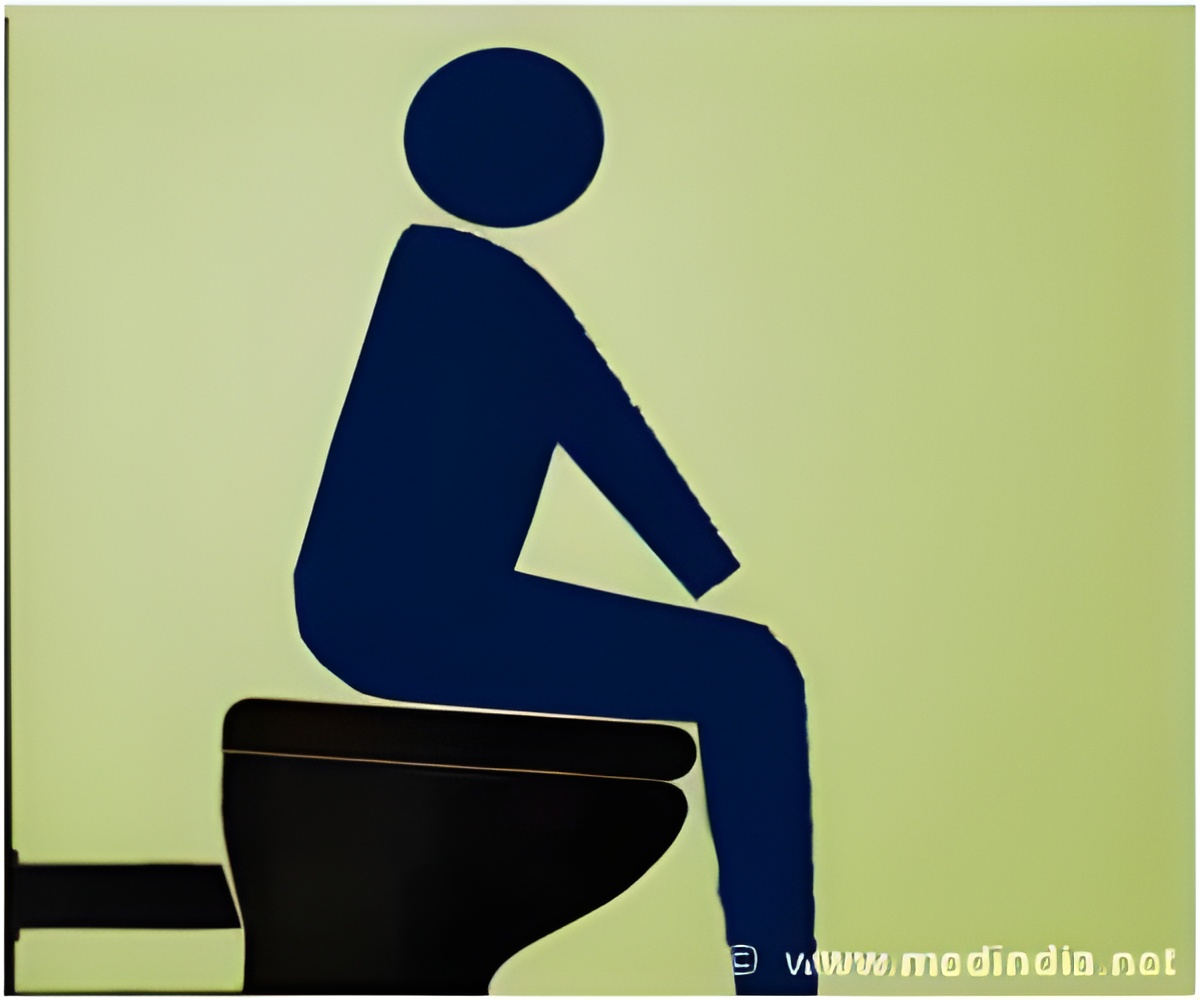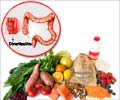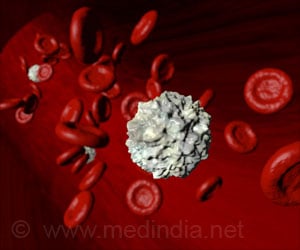Researchers revealed that an experimental drug that is to be taken once every day can provide a solution to constipation problems.

The results of two pivotal Phase 3 studies – KODIAC-4 and KODIAC-5 of naloxegol, an investigational treatment for opioid-induced constipation (OIC) – were published online first in the New England Journal of Medicine.
A 25 mg dose of the investigational drug naloxegol safely increased bowel movements among opioid-induced constipation sufferers, compared to a placebo, and the effects were maintained over a 12-week treatment period.
"The studies showed rapid and sustained improvement for these patients, without compromising their pain management," says lead study author and gastroenterologist William Chey, M.D., professor of internal medicine at the U-M Health System.
Naloxegol is an investigational peripherally-acting mu-opioid receptor antagonist, which has been specifically designed for the treatment of opioid-induced constipation (OIC), a common and often debilitating side effect of prescription medicines used to treat osteoarthritis and chronic back pain.
Opioids play an important role in chronic pain relief by binding to mu-receptors in the brain, blocking the brain's ability to perceive brain. But they also bind to mu-receptors in the bowel, contributing to constipation.
The Phase III studies known as KODIAC, enrolled 652 people in one trial and 700 in another. The 12-week, multicenter, randomized, double blind, placebo-controlled pivotal trials evaluated 12.5 mg and 25 mg doses of naloxegol, once-daily.
Most adverse events were mild to moderate in severity and occurred shortly after initiation of naloxegol. There was one major cardiovascular adverse event in the 25 mg treatment group, one in the 12.5 mg treatment group and two among those in the placebo group.
A New Drug Application (NDA) for naloxegol was accepted by the US Food and Drug Administration on Nov. 19, 2013. Naloxegol is also under regulatory review with health agencies in the European Union and Canada.
Source-Eurekalert
 MEDINDIA
MEDINDIA



 Email
Email










